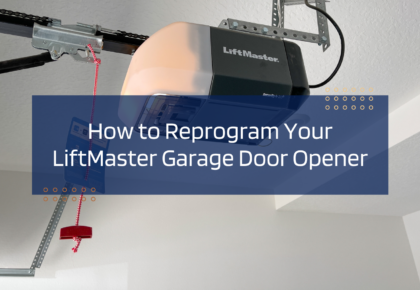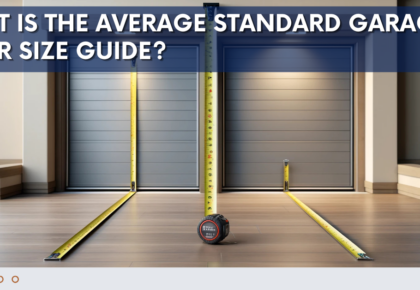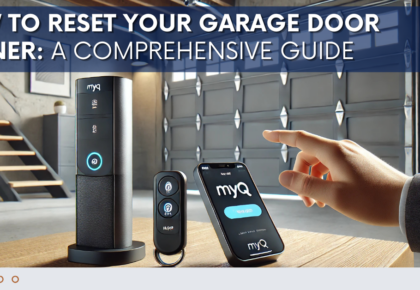Garage doors are a vital part of many homes, supplying safety and luxury.
However, they’re able to from time to time produce noises that advise underlying troubles. Understanding the commonplace garage door sounds and a manner to address them can prevent potential headaches and highly-priced upkeep.
Common Garage Door Sounds and Their Causes
Squeaking or Grinding Noises
Description: One of the most common sounds residence owners are aware is a squeaking or grinding noise. This usually happens at the same time as the door is starting or very last.
Causes: These noises are regularly because of:
Lack of lubrication on moving elements: Without ok lubrication, the steel elements rub in opposition to each other, developing friction and noise.
Worn-out rollers: Over time, rollers can be placed on down, mainly if they’re made from steel. Nylon rollers, at the same time as quieter, moreover in the long run put on out.
Misaligned tracks: Tracks that are not nicely aligned can cause the rollers to grind in opposition to them, generating noise.
Solution:
- Lubricate the Moving Parts: Regularly lubricate the moving elements, which includes rollers, hinges, and tracks, with a first rate silicone-based lubricant. Avoid using WD-forty as it is able to attract dirt and dust that might get worse over time.
- Replace Worn-Out Rollers: If the rollers are wiped out, maintain in thought converting them with nylon rollers, which might be quieter and require much less safety.
- Realign Tracks: Ensure that the tracks are nicely aligned. If they’re bent or misaligned, use a rubber mallet to softly faucet them lower back into location or name an expert for help.
Rattling Sounds
Description: Rattling noises can be alarming and are generally heard whilst the door is in motion.
Causes: This sound is frequently because of:
Loose hardware: Bolts, nuts, and screws can loosen over time because of the consistent motion and vibration of the door.
Vibrations from the motor or special components: The motor and unique mechanical factors can vibrate, inflicting free elements to rattle.
Solution:
- Tighten Loose Hardware: Regularly check and tighten all bolts, nuts, and screws. This clean preservation step can regularly remedy rattling noises.
- Secure Motor and Components: Check the motor and tremendous additives for any loose components and stable them properly. If the motor itself is vibrating excessively, consider consisting of rubber pads or vibration dampeners.
Banging Noises
Description: Banging sounds can be quite startling and are commonly heard while the door closes.
Causes: These noises are normally due to:
Broken or free springs: Springs which are damaged or now not well tensioned can cause the door to slam near.
Improperly balanced door:
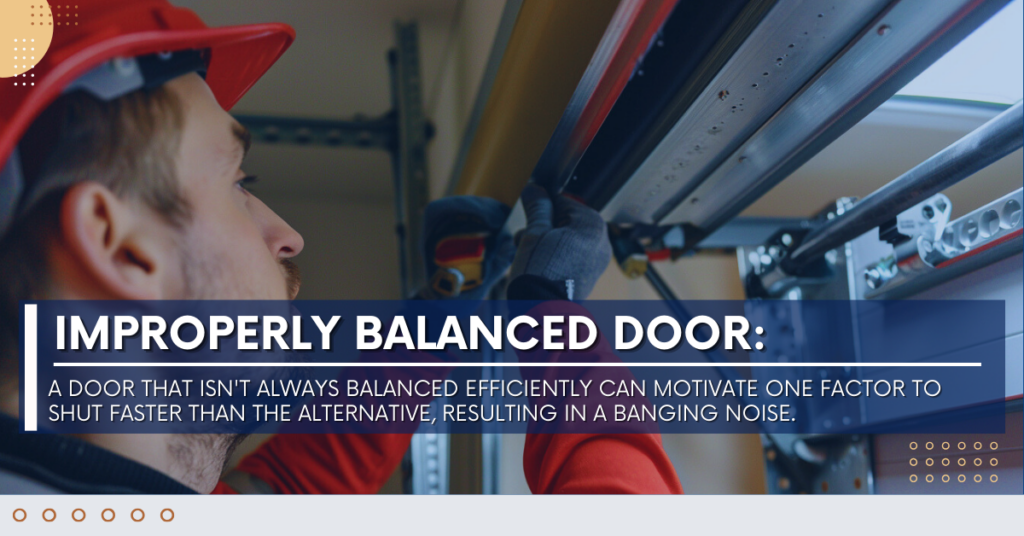
A door that isn’t always balanced efficiently can motivate one factor to shut faster than the alternative, resulting in a banging noise.
Solution:
- Inspect and Replace Springs: Check the springs for any signs and symptoms of harm or put on. If they may be damaged or unfastened, update them. This may be unstable, so it is frequently the quality to name an expert.
- Balance the Door: Ensure the door is balanced efficiently with the useful resource of adjusting the spring tension.
To take a look at the steadiness, disconnect the opener and manually elevate the door halfway. If it stays in location, it’s balanced. If it falls or rises, regulate the tension for that reason.
Reasons for Garage Door Noise
Lack of Maintenance
Regular maintenance is critical to preserve your garage door functioning easily. Neglecting maintenance can lead to various noises and more widespread troubles through the years.
Solution:
- Schedule Regular Maintenance Checks: At least twice a 12 months, behavior an intensive inspection of your garage door tool. This includes lubricating shifting components, tightening hardware, and checking the stability and alignment.
- Perform Seasonal Maintenance: Different seasons can affect your storage door. For example, bloodless weather can cause metal factors to settle and make noise. Adjust your renovation habitual as a result.
Worn-Out Parts
Over time, the elements of your storage door can wear out, leading to noise.
Solution:
- Inspect Parts Regularly: Periodically look at all elements, together with rollers, hinges, springs, and tracks. Look for symptoms of damage and tear, collectively with fraying cables or rusted components.
- Replace Worn-Out Components: Replace any worn-out parts with fantastic replacements. It’s often beneficial to enhance to higher materials, including nylon rollers or rust-resistant tracks, for a quieter operation.
Misalignment
Misaligned tracks or other components can motivate noise and feature an effect at the door’s operation.
Solution:
- Check Track Alignment: Ensure the tracks are parallel and well aligned. Use a level to check for evenness and regulate as critical.
- Adjust Components: If other components, consisting of the opener or springs, are misaligned, regulate them to ensure easy operation. If you are uncertain about how to do that, consult a professional.
How to Fix a Noisy Garage Door
Lubrication
This is one of the easiest and most effective noise reduction methods: lubrication of all moving parts. A silicone-based lubricant will work wonders in producing optimal results.
Steps:
- Clean tracks and moving parts: Dirt or other debris may not remain standing on tracks and moving parts, so make sure to clean them off.
Apply lubricant to rollers, hinges, tracks, and springs. But be wary where the lubricant goes. I wouldn’t want to get on other plastic parts where it would degrade them.
- Wipe off all excess lubricant: After application, clean off excessive lubricant to prohibit the collection of dirt.
Tighten Hardware
Rattling or something similar may occur if the hardware is loose. Check, and from time to time tighten, all bolts, nuts and screw ends.
Steps:
Check for any loose bolts, nuts, or screws holding the hardware together on these parts to each other. The hardware might either be attached to the door itself or on the tracks.
- Tighten loose parts: Use a wrench or screwdriver to tighten those parts which might be loose. Do not over-tighten; this would strip the thread given the wrench, or in some cases, screwdriver, used to tighten any loose parts.
- Fasten Any Moving Component: Secure moving parts thoroughly, and test them to ensure the effectiveness of their functioning.
Replace Worn-Out Parts
If lubrication and tightening do not correct the noise, you may need to replace certain parts.
Steps:
Check for any worn-out parts: rollers, hinges, springs, and any other hardware.
- Replace with High-Quality Parts: You may want to spend your money on quality replacement parts preferably nylon rollers or rust-resistant springs.
- Always Follow the Manufacturer’s Instructions: The manufacturer’s installation procedures are followed, or one consults a professional to be sure.
Preventive Measures
Regular inspections
Carrying out regular inspections will enable you to detect and, in good time, manage potential occurrence problems. Check balance, alignment, and condition on all sections.
Steps:
- Schedule Monthly Inspections: Set a reminder for monthly inspections of your garage door system.
- Test the Door Balancing: To test the balance, first disconnect the opener and bring up the door about halfway up by hand. If it is staying put where you leave it, then it is in-place. Otherwise, change the spring tension.
Inspect tracks and rollers for any indication of wear, rust, or misalignment. Clean tracks and lubricate rollers as necessary.
Professional Maintenance
Even though DIY always works, professional maintenance will help resolve more difficult problems and make your garage door work as smoothly as possible.
Steps:
- Schedule Annual Professional Maintenance: Have a professional view your garage door and mechanical system annually.
- Full Inspection: Ask the technician to check everything, including the opener, springs, rollers, and tracks.
- Follow All Recommendations: If a professional recommends that work be performed or products replaced, follow all the recommendations to ensure proper performance.
Upgrade Your System
Sometimes, older garage door systems are inherently loud because of previous technology or materials used. An updated system will reduce the noise drastically, and the performance will simply be much better.
Steps:
- Consider New Rollers: Nylon rollers are quieter and last a lot longer than metal ones.
- Upgrade to a Belt-Drive Opener: A belt-drive opener generally will be considerably quieter than their chain-drive counterpart.
- Install Vibration Dampeners: Put some vibration dampeners in the motor and components to reduce noise.
Conclusion
Don’t let common noises of a garage door ruin your day; instead, develop an understanding of what can be done for quiet and efficient operation.
With regular maintenance, timely repairs, and preventive measures, expensive problems with your garage door can be easily avoided, and the unit will keep on running well. Knowing what is causing those noises and what can be done to create a quieter and more reliable garage door brings peace of mind.
By following these tips and solving issues quickly, you can extend the life of the garage door and improve overall comfort and convenience in every home.
